Data storage companies Toshiba and SanDisk announced a new flash memory chip designed to address the growing use of large media files
Published:
11 February 2005 y., Friday
Data storage companies Toshiba and SanDisk announced a new flash memory chip designed to address the growing use of large media files.
The joint development partnership has produced a chip that accommodates 8-gigabits (Gb) of storage. Made using 70-nanometer (nm) process technology, the computer memory chip is based on a NAND design, which makes it suitable for storing music, video and other data. Toshiba and SanDisk said products based on their new flash memory technology should start rolling out this summer.
The companies said the 8Gb chip will become "the production workhorse" for the joint venture between Toshiba and SanDisk. At a size of 146-millimeters, the 8Gb chip has a density of 6 billion bits or 3 billion transistors per square centimeter (20 billion transistors per square inch of silicon). The companies said they also plan to commercialize a 16Gb NAND flash memory component that stacks two of the 8Gb NAND flash memories in a single package.
The new NAND flash memory chip uses multi-level cell technology that lets two bits of data be stored in one memory cell - in effect doubling the memory capacity. The circuit design is less than 5 percent larger than the previous generation 4Gb chip on 90-nanometer. Toshiba and SanDisk said they also increased the speed at which the chip writes data with a combination of burst mode techniques and high read bandwidth.
Production of the chip falls right in-line with Toshiba's previously announced roadmap and is designed to compete against the largest flash memory producer, Samsung.
Šaltinis:
internetnews.com
Copying, publishing, announcing any information from the News.lt portal without written permission of News.lt editorial office is prohibited.
The most popular articles

The European Commission announced today the award of three of the six contracts for the procurement of Galileo’s initial operational capability.
more »
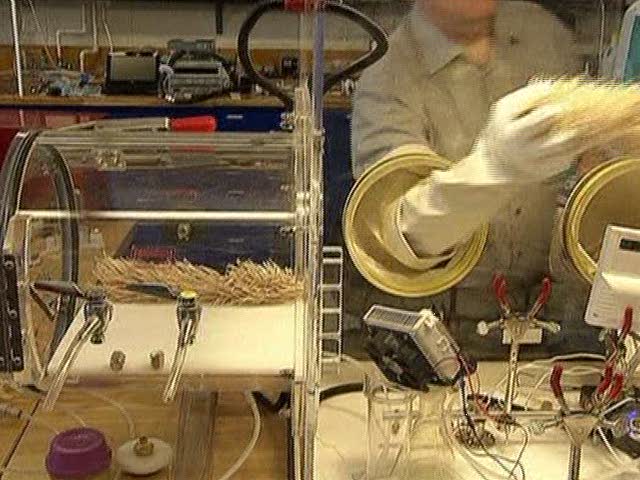 Scientists at New York's Columbia University are developing a synthetic tree that removes CO2 from the atmosphere. The researchers say the tree, if mass produced, could make a significant difference to the quality of the air we breathe.
more »
Scientists at New York's Columbia University are developing a synthetic tree that removes CO2 from the atmosphere. The researchers say the tree, if mass produced, could make a significant difference to the quality of the air we breathe.
more »
 ZenRobotics Recycler is a robotic waste sorting system. Built with off the shelf industrial robotics components, the system utilizes machine learning to separate raw materials from waste.
more »
ZenRobotics Recycler is a robotic waste sorting system. Built with off the shelf industrial robotics components, the system utilizes machine learning to separate raw materials from waste.
more »
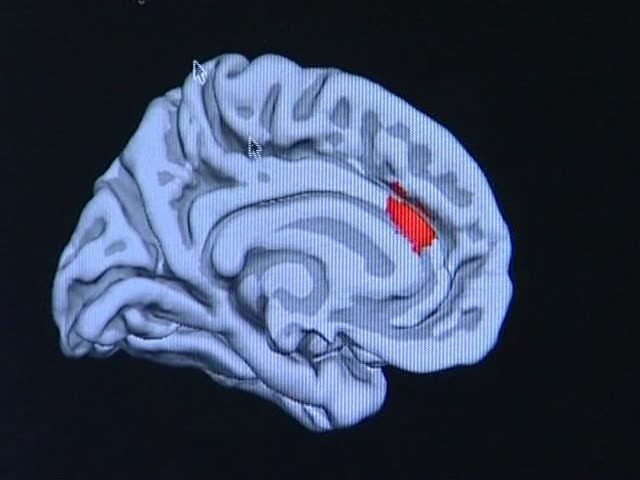 Scientists in the UK have revealed that people with opposing political views have different brain structures. The London University College researchers say the part of the brain that processes emotional reactions is larger in conservatives than in liberals.
more »
Scientists in the UK have revealed that people with opposing political views have different brain structures. The London University College researchers say the part of the brain that processes emotional reactions is larger in conservatives than in liberals.
more »
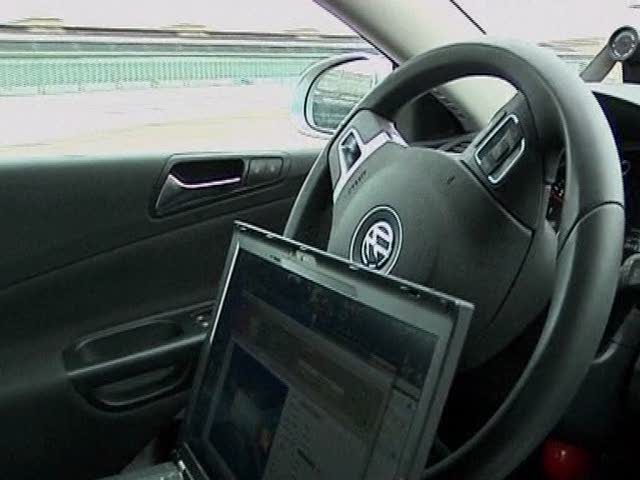 German scientists are developing technology which allows a person to steer and drive a car using brain power alone. Using a cap fitted with sensors and an onboard computer, the researchers are able to control their experimental Volkswagen, just by thinking about it.
more »
German scientists are developing technology which allows a person to steer and drive a car using brain power alone. Using a cap fitted with sensors and an onboard computer, the researchers are able to control their experimental Volkswagen, just by thinking about it.
more »
 A German company is testing a giant battery which it hopes will be able to store enough solar and wind energy to supply an entire community. The trial is taking place on Portugal's Azores island of Graciosa.
more »
A German company is testing a giant battery which it hopes will be able to store enough solar and wind energy to supply an entire community. The trial is taking place on Portugal's Azores island of Graciosa.
more »
 Japan's devastating earthquake of March 11 has raised concerns among geoscientists that the West Coast of the United States is likely to be next.
more »
Japan's devastating earthquake of March 11 has raised concerns among geoscientists that the West Coast of the United States is likely to be next.
more »
 „Duolingo“ is the latest project of Luis von Ahn, who is working for “Google”. It has been blowing up on Hacker News for the past day, though not too much is known about it.
more »
„Duolingo“ is the latest project of Luis von Ahn, who is working for “Google”. It has been blowing up on Hacker News for the past day, though not too much is known about it.
more »
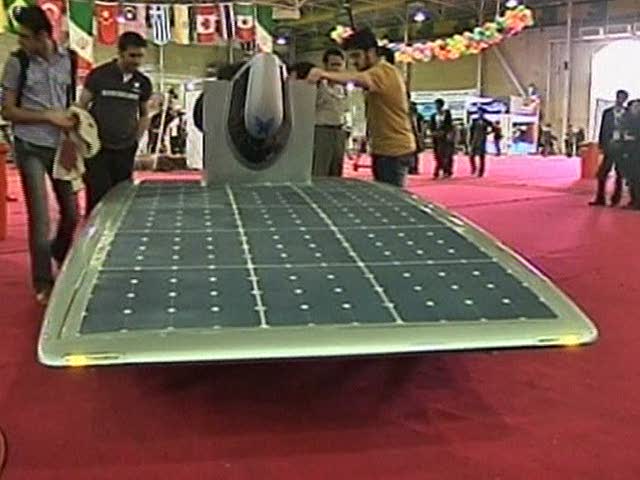 University students in Iran have developed their own version of a solar-powered car. The environmentally-friendly 'Havin' can travel up to 130 kilometers an hour.
more »
University students in Iran have developed their own version of a solar-powered car. The environmentally-friendly 'Havin' can travel up to 130 kilometers an hour.
more »
 Researchers in California have created a way to place a call on a cell phone using just your thoughts.
more »
Researchers in California have created a way to place a call on a cell phone using just your thoughts.
more »
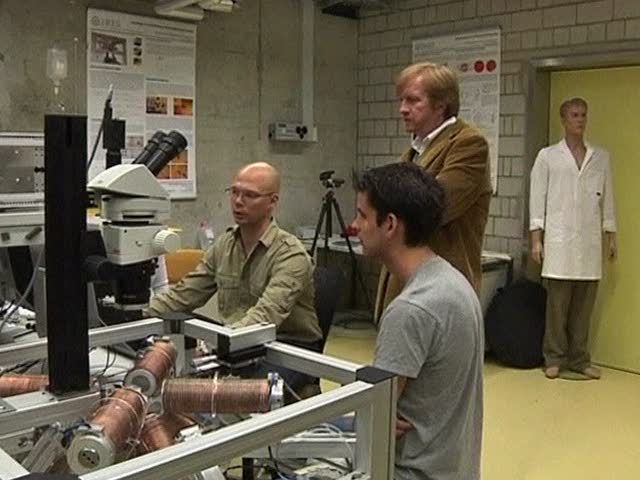 Researchers in Switzerland are perfecting a robot small enough to be injected into your eye without anaesthetic. The team say their device could carry drugs to the exact position they are needed or even carry out minor operations.
more »
Researchers in Switzerland are perfecting a robot small enough to be injected into your eye without anaesthetic. The team say their device could carry drugs to the exact position they are needed or even carry out minor operations.
more »